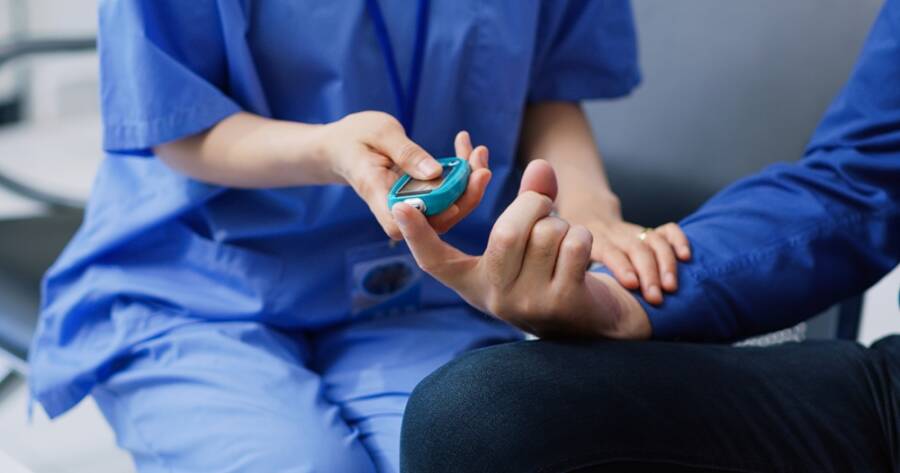Paid diabetes clinical trials offer a unique opportunity for individuals to engage in groundbreaking medical research while accessing new treatments. Participants can benefit through compensation, no-fee medications, and advancements in diabetes management. Eligibility varies, but the trials present a chance to contribute significantly to medical progress and improve personal diabetes care.
Paid Diabetes Clinical Trials and New Medications
Diabetes is a condition affecting millions worldwide and innovative treatments are essential for improving patient outcomes. Participating in clinical trials not only helps advance medical research but also provides participants with early access to new medications. Platforms like Power connect patients with FDA-reviewed diabetes trials, offering a safe avenue to explore emerging therapies.
Among the various clinical trials available, some offer compensation up to $1,500, making participation both a worthwhile and financially beneficial venture. For instance, the PREDICT study compensates young participants at risk for Type 1 Diabetes, reflecting a commitment to understanding the disease’s progression and the impact of early intervention.
Access and Involvement in Trials
Participation in these studies often does not require insurance coverage. Trials like those with Clinical Research Associates ensure that all medications and diagnostic tests are provided at no cost to the participants. This aligns with efforts to make diabetes trials accessible regardless of insurance status, as highlighted by the platform Power, supporting both Type 1 and Type 2 diabetes patients.
Eligibility and Procedures
Eligibility for these trials varies by study, often based on age, health status, and prior medication usage. Trials such as those described on Power necessitate a comprehensive screening process to determine patient eligibility, which typically involves confirming specific diabetes-related conditions. Participants may receive either the study drug or a placebo and are expected to partake in routine follow-up check-ins over the trial duration, typically around 12 months.
New Medications in Trials
A range of promising new medications is currently under investigation in these trials. For example, Power lists trials focusing on new drugs like Semaglutide and Low-Dose Insulin Glargine, which cater to different aspects of diabetes management, such as glucose control and chronic weight management. Such medications are evaluated for their efficacy and safety, offering a chance to improve lives dramatically.
Participating and Benefits
Besides monetary compensation, participation in these trials offers several benefits, such as comprehensive healthcare access and dietary counseling. Participants in certain studies, as with the Clinical Research Associates, may be required to undergo weekly self-injections and regular monitoring. Despite this commitment, the provided support fosters an environment where improved health insights and care are prioritized.
Learn More About Diabetes Clinical Trials Today
Learning more about paid diabetes clinical trials is instrumental for anyone affected by this condition. These trials not only contribute to advancing medical knowledge but also offer tangible benefits to participants, from financial compensation to cutting-edge medical care.
As new medications are constantly being developed and tested, those who participate in these studies help pave the way for better, more effective diabetes management solutions, making a significant impact in the lives of patients worldwide.
Sources
Exploring Diabetes Trials Near Los Angeles

